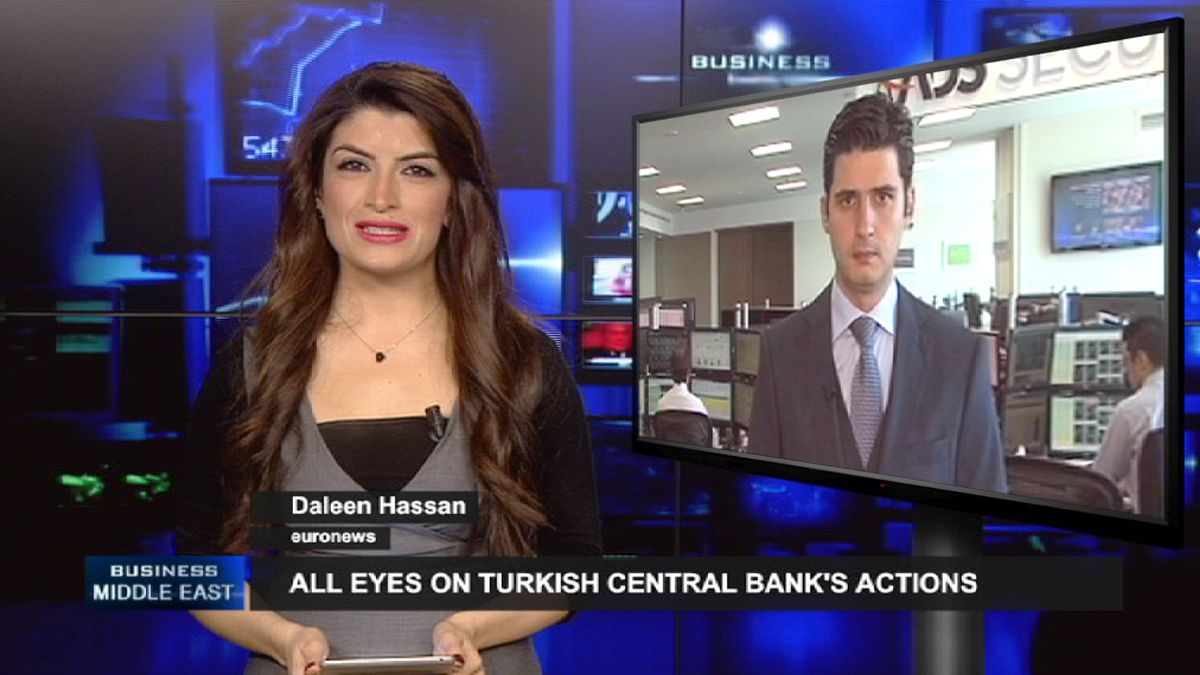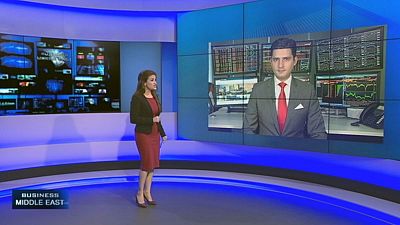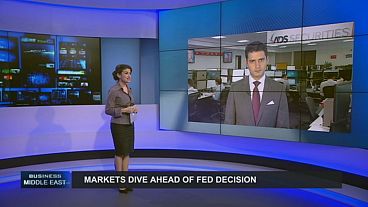The recent interest rate cut in Turkey and the latest kiss of life to the Greek economy have been the source of intense debate within both those
The recent interest rate cut in Turkey and the latest kiss of life to the Greek economy have been the source of intense debate within both those countries and beyond.
For months the Turkish central bank had been resisting an interest rate cut. However, they made the move last week despite the Turkish president’s opposition and renewed criticism of central bank policymakers.
The Turkish lira is at record low levels against the dollar and some economists are now sceptical about the extent of the Turkish Central Bank’s independence.
An Independent Institution?
After months of debate about interest rate cuts, the Turkish central bank took the decision to cut interest rates by 25 basis points. President Recep Tayyip Erdogan and some government ministers have been critical, saying a cut of 25 BPs is not enough to revive the economy.
But Prof. Durmuş Dündar, Dean at Istanbul’s Kultur University of Economics disagrees: “According to the Central Bank data, and in accordance with practices across the globe, the Bank has made an objective decision, which I like as an economist. So, I believe the decision the Central Bank took is right, although the president says the opposite. I wonder if the president wants to have higher foreign exchange rates. Is there an implicit thought of devaluation?”
Criticism by Erdogan of the central bank governor affected the Turkish lira and it fell against the dollar to reach its lowest level on Friday, at 2.53.
Under Pressure
For more on this issue Daleen Hassan spoke to Nour eldeen Al-Hammoury, Chief Market Strategist at ADS Securities in Abu Dhabi.
.
Hassan: “Nour, how do you see the Turkish Central Bank’s decision to cut interest rates? Is it more political or economic, and is it the best way to revive Turkey’s economy?”
Al-Hammoury: “We have seen significant pressure from the government on the Central Bank of Turkey recently.
“The pressure could be part of a government agenda ahead of the elections. The Central Bank is very cautious in its decisions, like any other central bank facing such challenging times, and in relation to the economic data these decisions should not be connected with the government or subject to interference by it.
“Last August the Central Bank raised rates sharply after the inflation rate approached 10% due to the collapse of the Turkish Lira.
“The economic situation in Turkey isn’t encouraging as the economy is growing at a slower pace than before. The fourth quarter of 2014 showed a growth rate of 1.7%, which is the lowest since 2012.
“Therefore, cutting rates may be the only thing the bank can do, despite the ongoing decline of the lira, unless the bank decided to intervene in the foreign exchange market to buy lira to stop the collapse. However, these decisions by the central bank will continue to curb the growth rate and the economy may slide back into recession this year.”
Another Greek Drama
The extension of Greece’s bailout is considered by some as the kiss of life that saved the country’s economy. However, the Bank of Greece governor highlighted the risk of pressure on the country’s liquidity.
The last minute agreement on the four month extension is an important step for Tsipras’s government, which has promised to carry out further reforms.
The governor of the Bank of Greece had asked the government to make the necessary reforms and to reach a final agreement with creditors in order to stabilise liquidity in banks.
Bank of Greece Governor Yannis Stournaras said: “The banks, after the recent increase in capital, have a sufficient capital base, but the pressures that liquidity is facing, particularly in the last months, remain strong. The main element that will ease the completion of the agreement is progress in the implementation of reforms that are overdue”.
But many Greeks fear new austerity plans arising from the leftist government’s promise to creditors to implement effective reforms.
Structural Solution
To bail or not to bail remains a vexed issue for Greeks and Europe’s leaders. Daleen Hassan turned to analyst Nour eldeen Al-Hammoury for an assessment of the dilemma:
Daleen Hassan: “What are your thoughts on the liquidity in Greek banks? Do you think the latest agreement will be successful?”
Al-Hammoury: “For the banks, as the central bank chief said, we might see liquidity stabilisation after the Greek deal. However, the same tensions may show up again this summer and may lead to another wave of outflows, especially if the government fails to ask for another extension and/or if a political crisis showed up, particularly after the government disappointed some people by retreating on demands.
“Therefore, the best thing to do to maintain stability is to find a structural solution. The prospect of a Greek exit has been there for more than five years now.
“Each time the government found a solution at the last minute with the euro group and there is no other solution for the euro group but to keep bailing out Greece for the time being, because if Greece fails or defaults, this is a failure not only for Greece but for the eurozone as a whole.
“
Share your comments via our Facebook page: Euronews Business.



